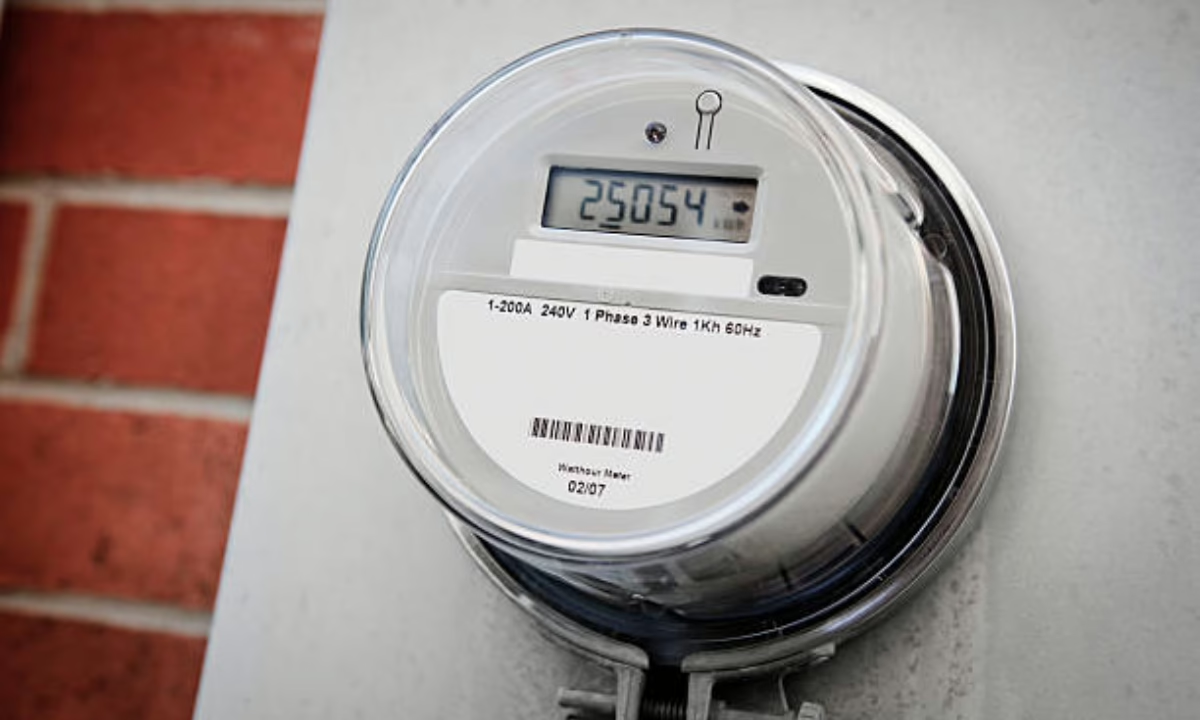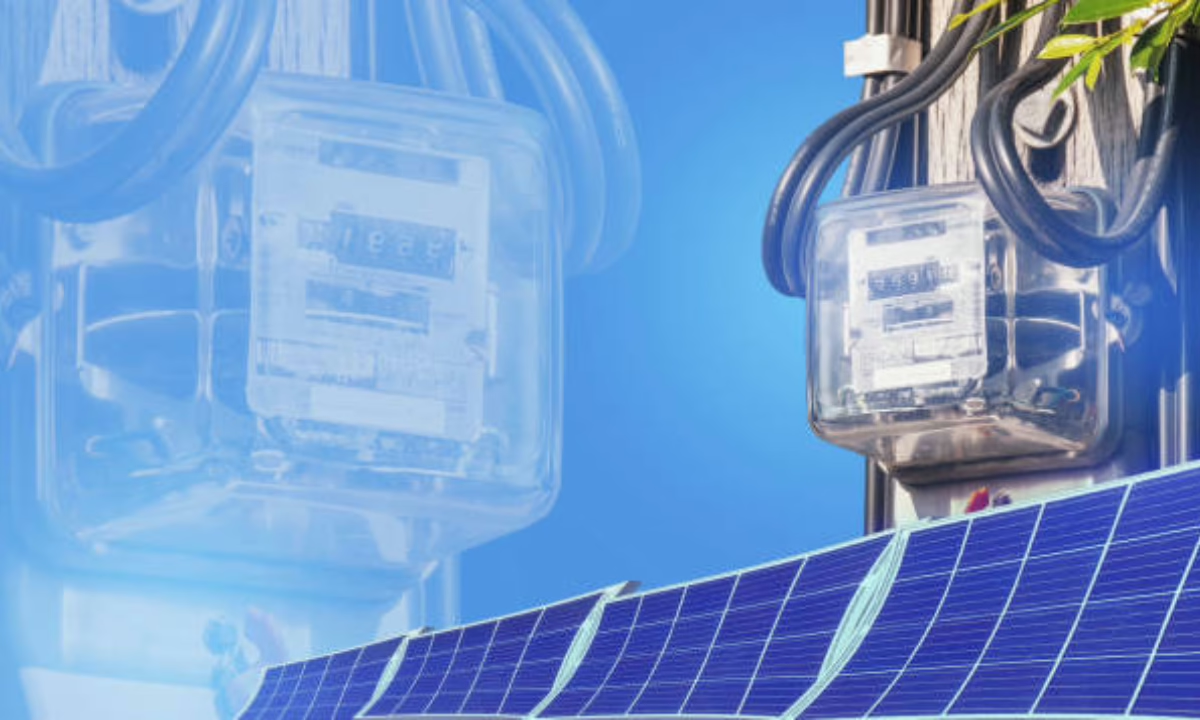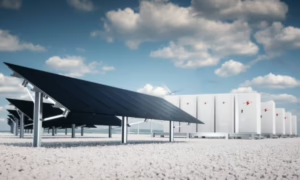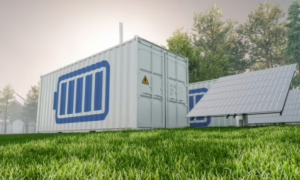With commercial solar projects becoming increasingly large-scale and complex, the need for smart energy monitoring solutions is also on the increase. Perhaps one of the most revolutionary technologies in this regard is the smart electricity meter. For companies that are looking to optimize energy efficiency, maximize resource usage, and exercise greater control over consumption, smart meters provide unrivalled benefits.
If you’re researching what is a smart meter, why we need smart meters, and the numerous advantages of smart meters—particularly commercial solar—this guide covers everything you need to know.
What is a Smart Meter?

A smart electric meter is a digital device that measures energy use in real time or at regular intervals and transmits the data automatically to the utility company or monitoring center. In contrast to old-style meters, smart meters give accurate and timely information on power usage trends, which enables wiser energy choices.
Why Do We Need Smart Meters?
The energy profile is undergoing a transition from centralized generation to decentralized, clean sources. In such a scenario, why do we need smart meters becomes clearer:
- To allow precise monitoring of electricity being produced and consumed.
- To aid automated billing and decrease errors caused by humans.
- To consolidate real-time monitoring of commercial solar systems.
- To empower consumers of energy with data-based insights.
- To enable improved management of the grid and forecasting of demand.
Smart meters are pivotal devices in the shift of energy infrastructure, rendering it more responsive, efficient, and consumer-focused.
Top 5 Benefits of Smart Meters for Commercial Solar Projects
1. Improved Energy Monitoring and Accuracy
One of the central advantages of smart meters is their potential to offer real-time monitoring of energy production and usage. Such a feature is particularly important for commercial solar installations where energy output fluctuates with sunlight availability.
Smart meters negate guesswork by providing accurate figures, allowing the proprietors of these businesses to analyze consumption patterns, identify trends and anomalies, and change behavior appropriately. Accurate billing is facilitated as well through this visibility.
2. Energy Consumption Optimisation and Savings
With a smart meter, companies can monitor usage hour-to-hour or minute-to-minute. Such precision makes it easier to pinpoint hours of highest usage or wastage, and make adjustments accordingly to save energy.
In commercial solar installations, smart meters assist companies in giving highest priority to using solar power during peak tariff periods so that maximum savings are achieved and dependence on grid power is minimized.
3. Enhanced Integration with Renewable Energy Systems
For solar installations, the capability to be fully integrated with a smart electricity meter is paramount. Smart meters are able to measure both the power coming in from the grid and solar power being fed back into the grid.
This ability enables net metering and other incentive programs, in which precise monitoring of exported solar energy is needed. Smart meters also facilitate companies to shift towards sustainable energy use, by providing real-time feedback on the performance of solar systems.
4. Increased Control and Automation
By providing data in real-time, smart meters enable the integration of automated energy management systems (EMS). Businesses can set up rules to automate energy usage, for instance by scheduling heavy equipment operations when solar output is at its peak.
This automation allows commercial facilities to reduce operational costs, avoid peak demand charges, and optimize resource allocation without constant manual oversight.
5. Compliance, Reporting, and Data Security
Commercial solar projects are subject to a range of regulatory and reporting requirements. Smart meters make it easy to comply by automatically capturing and storing information that can be used for audit, performance monitoring, and government or utility agency reporting.
Moreover, secure energy meters provide greater data encryption and transmission protocols to ensure that confidential energy consumption information is not compromised. With the increasing concern regarding cybersecurity, secure smart metering systems are an invaluable asset.
Role of Smart Meters in the Solar Ecosystem
Smart meters are not standalone—they form part of a larger solar ecosystem that also involves solar panels, battery storage units, inverters, and monitoring platforms. It is therefore important to select the right solar panel distributors in India who appreciate the intricacies of smart metering integration to make your commercial solar project successful.
Conclusion
In conclusion, Smart electricity meters are essential for commercial solar systems, offering benefits like improved accuracy, cost savings, energy efficiency, and compliance. Secure meters also help protect data and ensure system reliability. With the help of expert solar panel distributors in India, integrating this technology is seamless and effective.
For companies that want to construct smarter, greener energy networks, the pairing of solar power and smart metering, supported by visionaries such as Sunap, is the future of energy intelligence.




